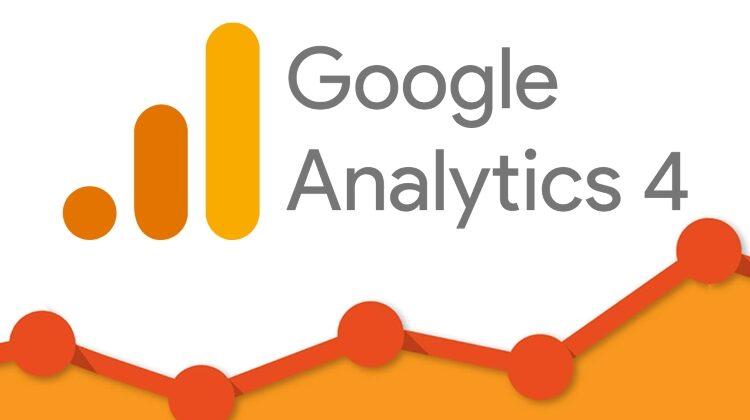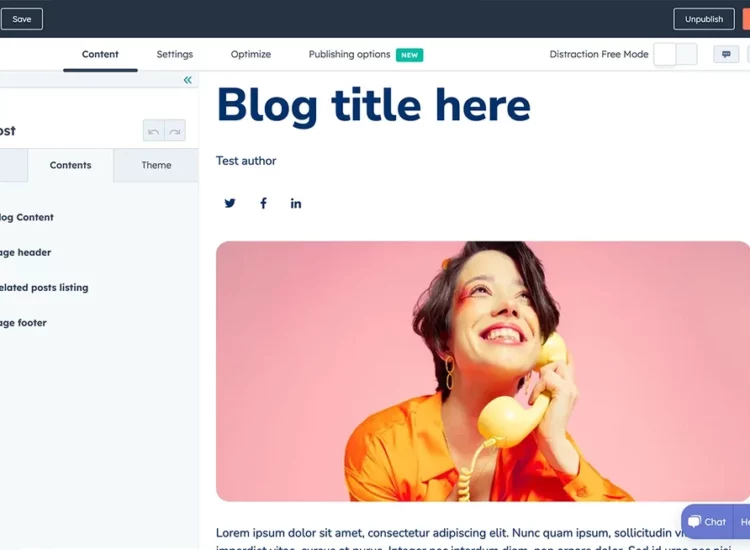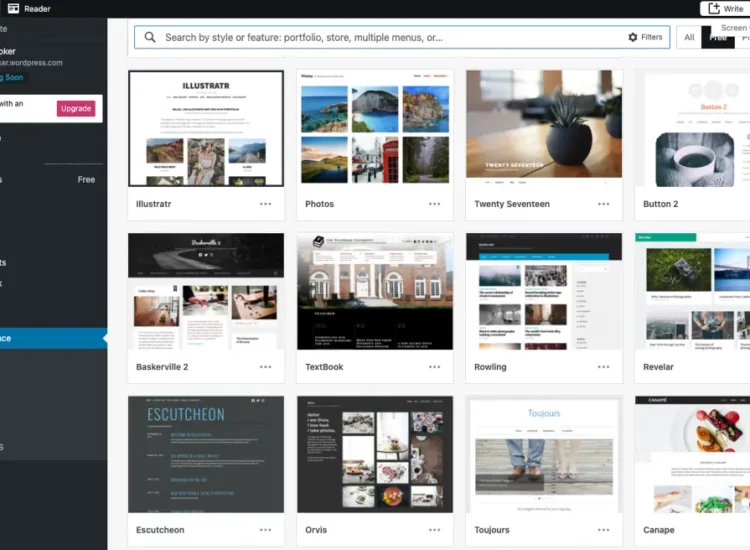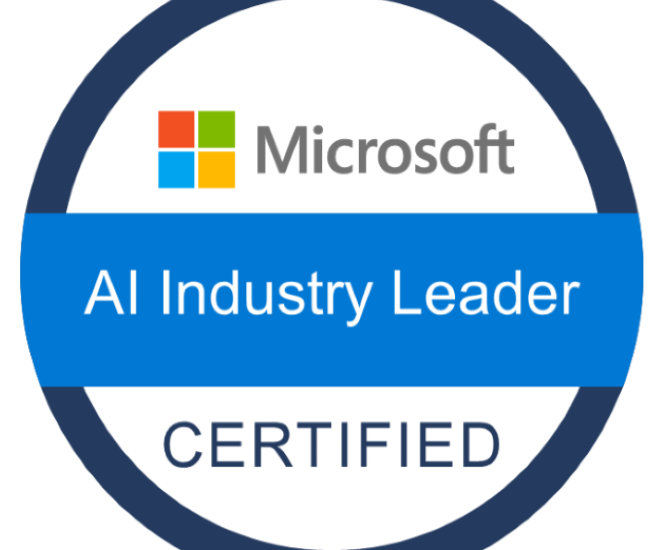Blogging has become an extremely popular way for individuals to express their thoughts, share information and connect with others across the globe. With the rise of social media, it’s easier than ever to start a blog and reach a wide audience. However, with so many blogging platforms available, it can be overwhelming for beginners to choose the best one. In this article, we will discuss some of the top blogging platforms for beginners and their features to help you make an informed decision.
Toc
Introduction of Blogging Platform for Beginners
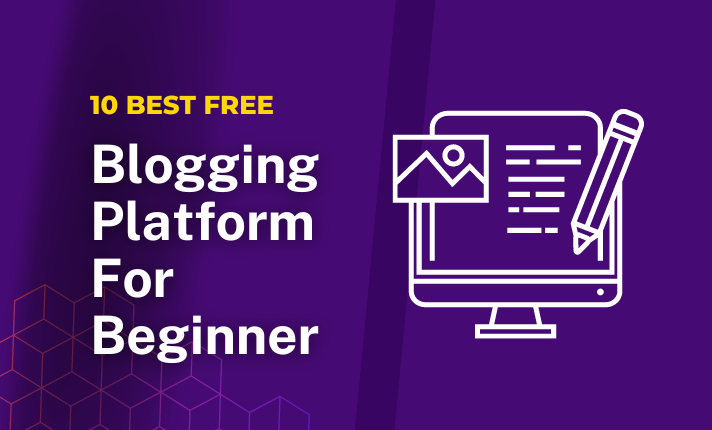
Blogging has become a popular way for individuals to share their thoughts, ideas, and interests with the world. With the rise of social media platforms and digital marketing, blogging has also become an effective tool for businesses to reach their target audience and showcase their products or services.
If you are new to blogging, you may be overwhelmed by the numerous options available when it comes to choosing a blogging platform. In this article, we will discuss the best blogging platform for beginners and help you make an informed decision.
What is a Blogging Platform?
A blogging platform is a software or service that allows users to create and publish content on the internet. It typically includes tools for writing, formatting, and publishing posts, as well as managing comments and interacting with readers. Popular blogging platforms offer a wide range of features to help bloggers customize their websites, attract readers, and build an online presence.
Roles of Blogging Platform
Blogging platforms play a crucial role in the blogging ecosystem. They provide the foundational tools and infrastructure for bloggers to create, manage, and publish their content. Here are some key roles that a blogging platform serves:
- Content Management: At its core, a blogging platform acts as a content management system (CMS), helping users to draft, edit, and organize their posts. This includes text formatting options, image insertion, and creating categories and tags for easy navigation.
- Customization: Beyond basic content creation, blogging platforms allow users to customize their blogs to reflect their personal or brand identity. Features such as themes, templates, and plugins enable bloggers to modify the look and functionality of their sites without needing to delve into complex coding.
- SEO Optimization: Many blogging platforms come with built-in SEO tools that help improve search engine visibility. These tools assist bloggers in optimizing their content with appropriate keywords, meta descriptions, and other SEO strategies to attract more organic traffic.
- Monetization Options: For bloggers looking to earn through their content, most platforms provide various monetization options. These might include advertising programs like Google AdSense, affiliate marketing integrations, sponsored content opportunities, and more.
- Community Engagement: A critical aspect of blogging is engaging with readers and building a loyal audience. Blogging platforms offer features like comment sections, social media sharing buttons, and subscription options to facilitate interaction and community building.
- Analytics and Insights: To help bloggers understand their audience and measure their success, many platforms offer analytics tools. These tools provide insights into website traffic, reader demographics, popular content, and other key performance indicators (KPIs).
- Security Measures: Given the threat of cyberattacks, robust security is essential. Blogging platforms often provide security features such as SSL certificates, regular backups, and protection against spam and malware.
By fulfilling these roles, a blogging platform not only makes the process of blogging easier but also supports bloggers in growing their audience and achieving their goals.
Top 3 Blogging Platforms for Beginners
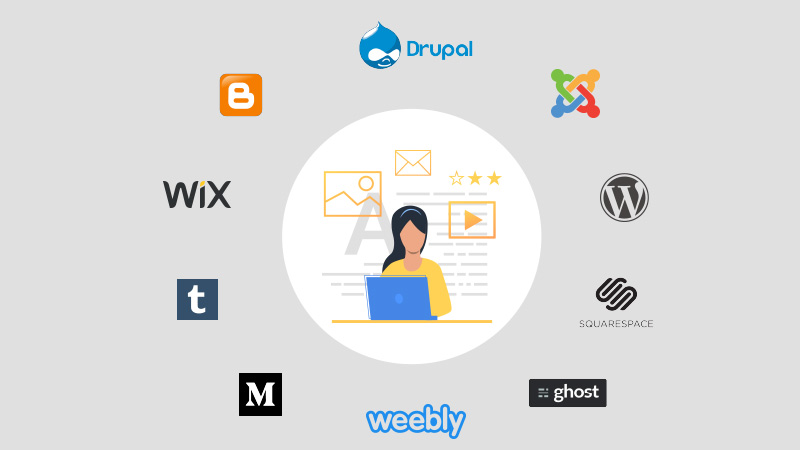
Now that we have a better understanding of the importance of blogging platforms, let’s take a look at some of the top options for beginners:
WordPress
WordPress is one of the most widely used blogging platforms in the world, and for good reason. It offers two versions: WordPress.com, which is a fully hosted solution, and WordPress.org, which is a self-hosted option. For beginners, WordPress.com is often the more straightforward choice as it takes care of hosting and technical maintenance. Here are some key features of WordPress.com:
- Ease of Use: WordPress.com has a user-friendly interface that makes it easy for beginners to get started. It includes templates and a drag-and-drop editor that allow for quick setup and customization.
- Customization Options: Despite being beginner-friendly, WordPress.com offers a high degree of customization with a variety of themes and plugins available to enhance your blog’s functionality.
- Integrated SEO Tools: Built-in SEO features help you optimize your content for search engines, improving your chances of attracting organic traffic.
- Monetization Opportunities: WordPress.com supports a variety of monetization methods, including ad programs, sponsored posts, and affiliate marketing.
- Community and Support: WordPress.com has an extensive support community and plenty of tutorials to help you overcome any challenges you may encounter.
Blogger
Blogger is another excellent blogging platform for beginners, particularly those looking for a free and straightforward solution. Owned by Google, Blogger is integrated seamlessly with other Google services, making it a convenient option for many users. Key features include:
- Free to Use: Blogger is completely free, making it an attractive option for those just starting out and not yet ready to invest in a premium service.
- Easy Integration with Google Services: Being a Google product, Blogger integrates effortlessly with other Google services like AdSense, Google Analytics, and Google Drive.
- Simple Interface: The platform offers a straightforward interface, ideal for beginners who want an uncomplicated way to start blogging.
- Customization: While not as extensive as WordPress, Blogger still offers various templates that allow you to personalize your blog’s appearance.
- Reliability and Security: Hosted by Google, Blogger is a reliable platform with excellent security features.
Wix
Wix is a versatile website builder that also serves as a good blogging platform for beginners. It offers a drag-and-drop interface, making it easy to design a blog from scratch without any coding knowledge. Some of its notable features include:
- Drag-and-Drop Builder: Wix’s intuitive drag-and-drop editor allows for extensive customization without needing to write any code, making it perfect for beginners.
- Beautiful Templates: Wix offers a wide selection of stunning templates specifically designed for blogging, which you can customize to suit your style.
- SEO Tools: Like other leading platforms, Wix provides built-in SEO tools to help improve your blog’s visibility on search engines.
- App Market: Wix has an app market with numerous widgets and applications that you can add to enhance your blog’s functionality.
- Support and Resources: Wix offers plenty of tutorials, a helpful support center, and a community forum where you can get advice and tips.
Choosing the right blogging platform depends on your individual needs and goals. Each of these platforms offers unique features that can help you start your blogging journey with confidence and ease.
How to Choose the Right Blogging Platform
Choosing the right blogging platform is a crucial step that can impact the success and sustainability of your blog. To make an informed decision, consider the following factors:
Define Your Goals
Before selecting a blogging platform, it’s essential to clearly define your goals. Ask yourself what you aim to achieve with your blog. For instance, are you looking to share personal experiences, educate your readers, promote a business, or create a source of income? Understanding your primary objectives will help you narrow down the platforms best suited to your needs.
Consider Your Budget
Your budget is another crucial factor to consider. While some platforms offer free options, others may require a monthly or annual subscription for premium features. Be sure to evaluate the cost against the benefits provided. Free platforms like Blogger or the basic version of WordPress.com may be suitable for hobby bloggers or those just starting out, whereas investing in a paid solution might be more appropriate for professional blogs or business purposes.
Evaluate Features and Customization
Different platforms offer varying degrees of customization and features. If you require extensive customizability, plugins, and advanced SEO tools, WordPress.org or Wix might be better options. On the other hand, if simplicity and ease of use are your priorities, platforms like WordPress.com or Blogger might be more appropriate. Look at the available templates, plugins, and built-in features that each platform offers to ensure they align with your blogging needs.
Assess Scalability
Think about the long-term scalability of the blogging platform. As your blog grows, you may need more advanced features, greater bandwidth, or additional customization options. Ensure the platform you choose can evolve with your blog and support its growth without requiring a complete migration to another platform.
Check for Support and Community Resources
Support and resources are vital, especially if you are new to blogging. Look for platforms that offer robust customer support, a supportive community, and a wealth of tutorials and documentation. WordPress.com and Wix have extensive support resources, whereas Blogger’s integration with Google products can make troubleshooting easier for those familiar with the Google ecosystem.
Monetization Options of blogging platform for beginners

As mentioned earlier, monetization options are essential for bloggers looking to earn through their content. Here are some common monetization methods available on popular blogging platforms:
- Advertising Programs: Many blogging platforms, including WordPress and Wix, offer advertising programs that allow you to display ads on your blog. These programs typically pay you based on the number of clicks or impressions.
- Affiliate Marketing: Affiliate marketing is a popular way for bloggers to earn money by promoting products or services and earning a commission on any sales made through their unique affiliate links.
- Sponsored Content: Sponsored content involves partnerships with brands or businesses where you create content promoting their products or services in exchange for payment.
- Digital Products: Many blogging platforms allow you to sell digital products such as e-books, courses, and printables directly from your blog.
- Subscription/Membership Plans: Some platforms, like WordPress.com and Wix, offer subscription or membership plans that allow you to charge a recurring fee for access to exclusive content on your blog.
Get started with blogging platforms
Now that you have a better understanding of the top blogging platforms and their features, it’s time to choose one and get started with your blog! Here are some general steps to get you started:
Choose a Blog Name and Domain
Once you’ve selected your blogging platform, the next step is to choose a blog name and domain. Your blog name should reflect your niche and be memorable, easy to spell, and relevant to your content. Avoid overly complex names and consider using keywords that potential readers might search for.
Securing a custom domain name (e.g., www.yourblogname.com) can make your blog appear more professional and trustworthy. Most blogging platforms offer the option to purchase a domain directly, or you can buy one from domain registrars like GoDaddy or Namecheap. Remember, your domain name represents your brand, so choose wisely and check for availability before making a final decision.
Design Your Blog
The design of your blog plays a critical role in creating a positive first impression and ensuring visitors stay longer on your site. Most blogging platforms offer a range of themes and templates to choose from, which can be customized to match your brand’s aesthetics. Focus on creating a clean, user-friendly design with easy navigation. Key elements to consider include:
- Header and Logo: Create an eye-catching header and a professional logo that represents your blog’s brand.
- Layout: Choose a layout that is intuitive and enhances the readability of your content. Ensure that the navigation menu is accessible and user-friendly.
- Colors and Fonts: Select a color scheme and fonts that reflect your brand’s personality. Consistency in design elements helps in building a recognizable brand.
- Widgets and Plugins: Utilize widgets and plugins to add functionality to your blog, such as social media buttons, contact forms, and search bars. However, avoid overloading your site with too many plugins, as this can slow down your blog’s performance.
Create Quality Content
Creating high-quality content is the cornerstone of any successful blog. Start by planning your content strategy and creating a content calendar to ensure regular posting. Each blog post should be informative, engaging, and valuable to your readers. Consider the following tips for creating compelling content:
- Understand Your Audience: Know your target audience and tailor your content to their interests and needs.
- Write Catchy Headlines: A compelling headline captures attention and encourages readers to click on your post.
- Use Visuals: Incorporate images, videos, infographics, and other visual elements to make your content more appealing and easy to digest.
- Proofread and Edit: Always proofread your content for grammar and spelling errors. Editing helps in refining your message and improving the overall quality of your posts.
Promote Your Blog
After creating quality content, the next step is to promote your blog to reach a wider audience. Here are some effective ways to market your blog:
- Social Media: Share your blog posts on social media platforms like Facebook, Twitter, Instagram, and Pinterest. Engage with your followers and participate in relevant groups and communities.
- Email Marketing: Build an email list and send regular newsletters to your subscribers. This helps in keeping your audience engaged and encourages repeat visits.
- Guest Blogging: Write guest posts for other blogs in your niche. This not only drives traffic to your blog but also establishes you as an authority in your field.
- SEO: Optimize your blog posts for search engines by using relevant keywords, meta descriptions, and alt tags for images. Higher search engine rankings lead to increased visibility and traffic.
By following these steps, you’ll be well equipped to start and grow a successful blog. Happy blogging!
Conclusion

Starting a blog can be an exciting and rewarding experience. Whether you choose WordPress.com, Blogger, Wix, or another platform, it’s important to pick the one that aligns best with your goals, technical skills, and desired features. Remember, the key to a successful blog lies in consistently creating valuable content, engaging with your audience, and leveraging monetization opportunities effectively. By following the tips and guidelines outlined in this guide, you will be well-equipped to embark on your blogging journey with confidence.
